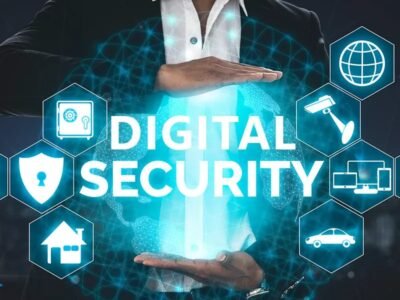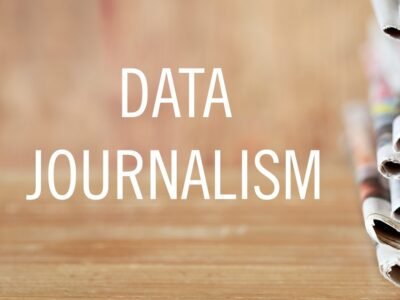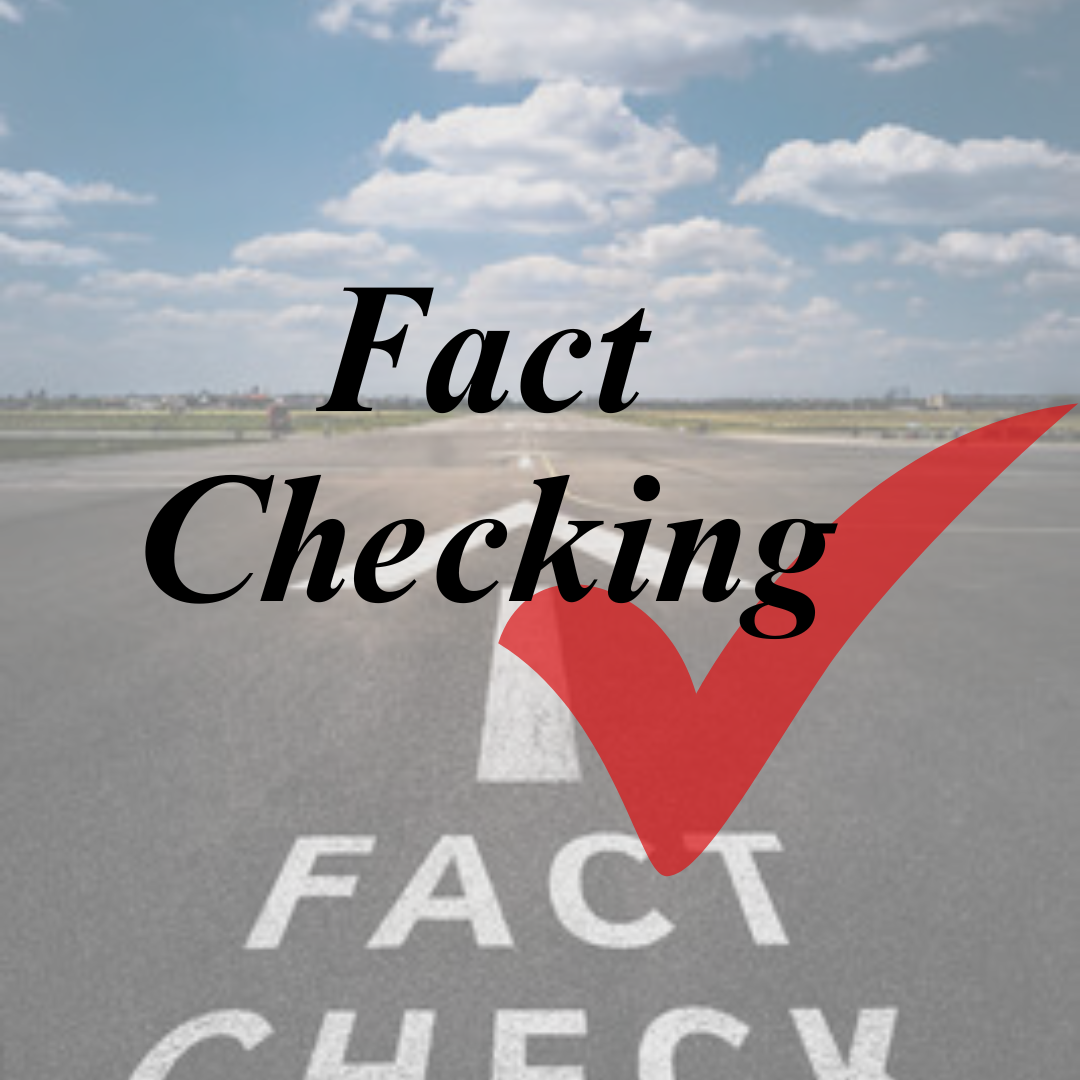Fact Checking
In an age where information spreads rapidly through digital platforms, ensuring the accuracy and reliability of information has become critical. The Fact-Checking Course is designed to equip learners with the tools, techniques, and ethical principles necessary to verify information effectively. …
Overview
In an age where information spreads rapidly through digital platforms, ensuring the accuracy and reliability of information has become critical. The Fact-Checking Course is designed to equip learners with the tools, techniques, and ethical principles necessary to verify information effectively. This course covers the importance of fact-checking, types of misinformation, the fact-checking process, and the various tools and methodologies used in the field. By the end of this course, participants will be proficient in identifying and correcting false information, thus contributing to a more informed and discerning society.
Learning Objectives
- Understand the Importance of Fact-Checking
- Identify Types of Misinformation
- Learn the Fact-Checking Process
- Utilize Fact-Checking Tools
- Apply Cross-Referencing Techniques
- Adhere to Ethical Principles
Curriculum
- 5 Sections
- 18 Lessons
- 10 Weeks
- Module 1: Introduction to FactcheckingUnderstanding the definition, importance and Methods of Factchecking4
- Module 2: Fact-Checking Fundamentals: Understanding and Combating MisinformationThis module covers the core elements of fact-checking, the process involved, and the broader impacts of misinformation, while also highlighting the importance of credible sources and the harmful effects of fake news.6
- Module 3: Key Elements of Effective Fact-Checking: Ensuring Accuracy and ObjectivityThis module highlights the main focus on the critical components of fact-checking while emphasizing the importance of accuracy and objectivity.6
- Module 4: Pre Bunking and Digital Tools for VerificationPre-bunking and tools for verification work together to prevent the spread of misinformation by equipping individuals with the skills and resources needed to recognize falsehoods before they take hold. Through educational initiatives and digital tools like fact-checking extensions and interactive games, people are empowered to critically assess information, fostering a more informed and resilient society.3
- Module 5: Ethical Considerations in FactcheckingEthical considerations are a crucial part of fact-checking, as they ensure that fact-checkers uphold integrity, accuracy, and fairness.4





